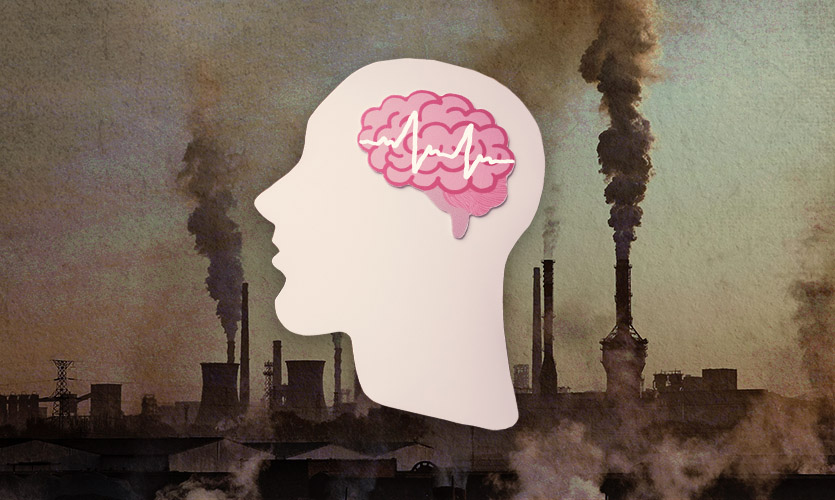Chicago Med is an American fictional show that stands out among medical dramas because of one particular character – Dr Daniel Charles. Much of the show focuses on the Emergency Department and the lives of patients who end up there, more often than not, because of physical causes. It is Dr Charles, the Chief of Psychiatry, who consults on these cases, using his expertise to determine if there is a psychological cause to the issue being faced by the patient.
It is a highlight of the show because, in a lot of cases, he and his team are able to save people from a lot of unnecessary pain and procedures. All they really do is look at the patient with a lens that takes into account mental health care. Acknowledging the burden of stigma on these patients is also an essential part of the process. They are ill in a world that doesn’t understand their illness and would look down upon them for expressing their distress — the level of training one needs to understand such a situation is pretty unparalleled.
Dr Charles’ presence on the show is important to note because it sparks several on-screen conversations, nudging viewers to re-think their ways of dealing with mental health. The medicos are not always successful in helping people due to various circumstances, including follow-up care and popular attitude towards mental health. Internal conflicts between doctors are also included in the narrative, strengthening the connection with reality. Even health care practitioners can be ignorant about mental health — it’s a real issue in healthcare. However, there are various eureka moments where lives are saved with compassion and persuasiveness.
The reason we need to look at Dr Charles and his team is that it is what we can hope to achieve if we work towards making mental health care accessible to people. To that effect, this October, the World Health Organisation (WHO) released a list of mental health care goals that they wish to achieve by 2030. It includes the integration of mental health into primary health care. Other new goals include the incorporation of mental health and psychosocial support in emergency preparedness plans and research on mental health.
According to a survey by Ipsos, a Paris-based market research and consulting firm, at least 4 in 10 urban Indians felt lonelier due to the pandemic. Almost just as many felt lonely and friendless at most times when the pandemic was raging and causing havoc in lives across the globe.
An online survey called FEEL-COVID concluded that “During the initial stages of COVID-19 in India, almost one-third respondents had a significant psychological impact.” Further, inferences were drawn, stating a need for a “more systematic and longitudinal assessment of psychological needs of the population, which can help the government in formulating holistic interventions for affected individuals.”
This needs to be done on a primary health care level as it goes a long way in reducing the stigma around mental health care interventions. It’s okay to seek help — making such tools and services accessible will help people believe it. This is the direction in which WHO aims to facilitate acceleration, globally, by 2030.
Also Read: Simone Biles’ Decision To Withdraw From The Olympic Finals Fuels Conversations Around Mental Health










